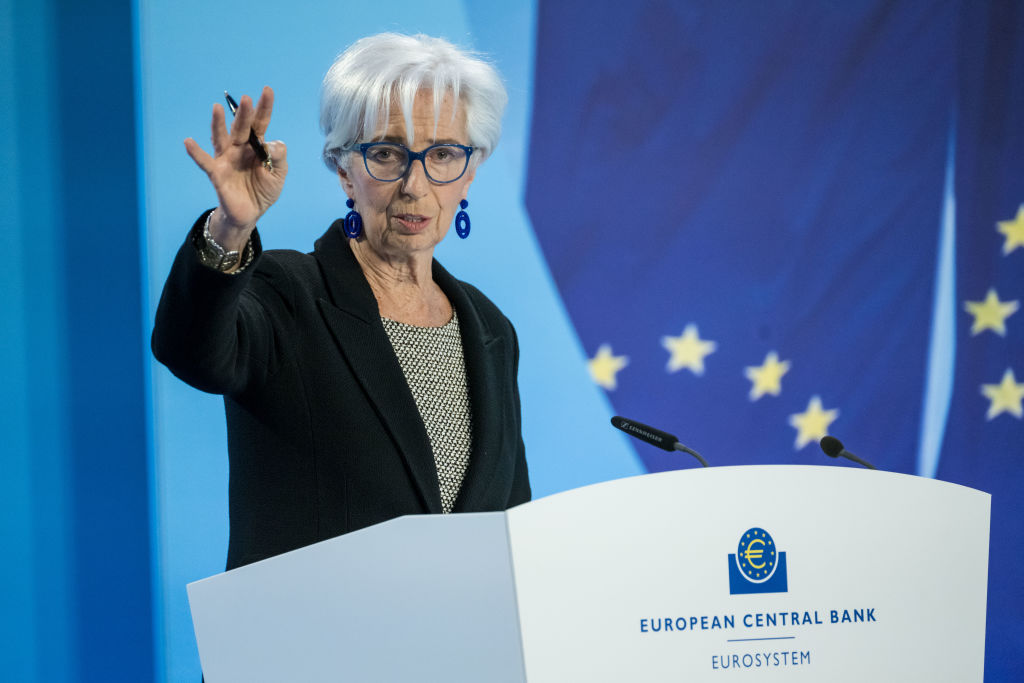The European Central Bank (ECB) is starting preparations for developing a digital euro that would be available free of charge to everyone in the Eurozone for any digital payments.
With the decision, the Governing Council of the ECB is commencing the opening phase of the project as the initial investigation period is now over.
A report published on October 18 showed the progress already made, mainly on possible design and distribution models for the digital currency, together with how it would work for users and issues of privacy.
“The ECB has designed a digital euro that would be widely accessible to citizens and businesses through distribution by supervised intermediaries, such as banks,” the bank stated.
In the new phase, tests and trials to create a digital euro will be undertaken. This will begin on November 1, 2023 and will initially last two years.
It will entail finalising the digital euro regulations and identifying potential providers for a digital euro platform and infrastructure.
It will additionally encompass testing and experimentation designed to create a digital euro that fits both the Euro system’s and users’ needs. That will likely include user experience, privacy, financial inclusion and environmental footprint.
Throughout this period, the ECB will continue to engage with the public and all stakeholders.
We need to prepare our currency for the future. While we haven’t yet decided whether to issue a digital euro, we’re getting ready. We envisage a digital euro as a digital form of cash that can be used for all digital payments, coexisting with physical cash, leaving no one behind. https://t.co/IQuBbGXw82
— Christine Lagarde (@Lagarde) October 18, 2023
After two years, the Governing Council will determine whether to proceed to the next level of preparations, which will lay the ground for the eventual issuance and roll-out of the digital euro.
“We need to prepare our currency for the future,” said Christine Lagarde, President of the ECB.
“We envisage a digital euro as a digital form of cash that can be used for all digital payments, free of charge, and that meets the highest privacy standards.”
She also insisted: “It would coexist alongside physical cash, which will always be available, leaving no one behind.”
There are already numerous digital currencies available, most notably cryptocurrency. As such are deliberately decentralised and made to bypass traditional intermediaries, central banks want an alternative.
They want to offer a pan-European payment solution for the euro area under European governance, with strong privacy protection.
The ECB said it would rely on its own infrastructure, thereby strengthening resilience. It added that it would provide a platform on which European supervised intermediaries could build pan-European services for their customers, increasing efficiency, reducing costs and fostering innovation.
“As people increasingly choose to pay digitally, we should be ready to issue a digital euro alongside cash,” said Fabio Panetta, ECB Executive Board member and Chair of the High-Level Task Force on a digital euro.
“A digital euro would increase the efficiency of European payments and contribute to Europe’s strategic autonomy.”
Not everyone is convinced by the necessity of the project as people already can pay online. Many wonder what problem is being solved with the digital euro initiative and for critics, it resembles a Chinese-style “Big Brother” project.





